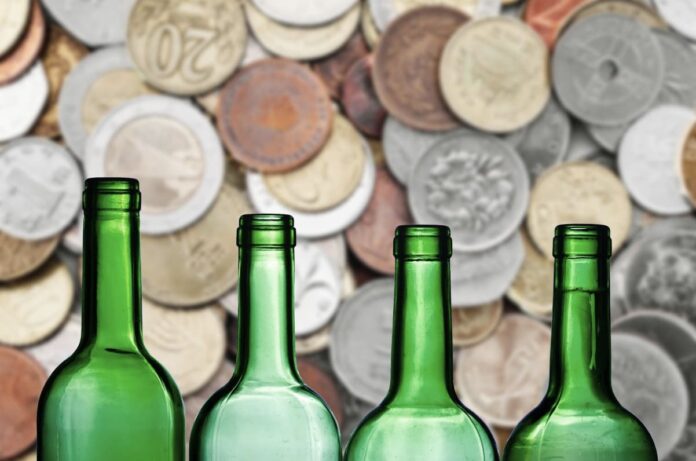Even though many individuals are unfamiliar with the term excise tax, they surely know it affects their business activities. Excise duty is among many government indirect taxes that are less known, especially in the alcohol industry. So, what does this common term mean and how does it affect the alcohol business? Below is a deep dive into the world of alcohol excise duties and its effect on the industry.
Haves and Have Nots
Excise duties have a great significance on alcohol businesses. Because of that, people in this industry need to have an in-depth understanding of how it works. This means that you need to know the rates in your country and other markets you plan to do business. There are different ways individuals can learn about vat on alcohol and other taxes associated with the alcohol industry. Whether you are a trader or producer of alcohol like beer, champagnes, wine or spirits, it is recommended to work with experts with knowledge and experience in excise duties. Among the experts in the excise tax field, FISCALEAD sits at the top.
FISCALEAD has experienced experts, offering a number of services as far as alcohol duties are concerned. They are responsible for checking, preparing and transmitting excise liquidations and VAT returns for different countries and states. On top of that, you can benefit from free registered consignee numbers, excise status management and tax representation. This means you will always be on time to pay taxes and duties, clearly understand excise regulations for every country on your list and enjoy the services of a qualified expert in alcohol excise.
What is Alcohol Excise Duty?
Excise duty is an indirect tax on specific goods and services, in this case, alcohol. It varies from one country to another and has been in effect for centuries. The governments use this tax type for revenue generation and, sometimes, to reduce the use of certain goods. In most cases, excise duties are levied on goods that are associated with health issues or are harmful in the long run. Compared to sales taxes, which are a flat percentage across different goods categories, excise duties are specific. In other words, it is charged differently depending on quantity or per unit instead of a percentage of the total cost.
Some of the goods that have excise tax include alcohol, gasoline, gambling and tobacco. All these goods and services have one thing in common; they often have negative health, societal and environmental impacts that a specific state is trying to minimise. For instance, alcohol, excise taxes increase the price and discourage people from continuing or starting to drink. Moreover, this tax will increase revenue collected and can be used to indirectly compensate for the cost of health, environment or society caused by alcohol.
How Excise Duties Work in the Alcohol Industry
There are several ways excise duties can be levied on alcoholic beverages. When buying or selling alcohol, it is important to understand this concept to always be ahead. These taxes are imposed during manufacturing or importation. Remember, excise duties are typically calculated based on certain parameters, including the country of manufacture, destination, type of alcohol, whether it is wine, beer or spirit and alcohol content (percentage).
In terms of the country and type of alcohol, Europe imposes higher excise taxes on spirits compared to wines and beers. Also, the rates are different in different countries. For instance, countries like the UK and Sweden have higher excise rates than Italy and Spain.
Effect of Excise Duties in the Alcohol Industry
The effects of excise duties on alcohol are major, spanning from competitiveness to pricing of the beverage. This means that the final price of alcohol is determined by excise duties, in that, the higher the taxes, the more expensive the alcohol is to the consumer. Because of that, market demand and consumption patterns can be influenced. Excise duties for importers and producers is a different story, as they can impact competition. For example, if a country increases excise duties on alcohol, the imported alcohol will be more expensive than local ones, giving domestic producers an advantage. On the other hand, exporters will have a huge challenge to compete on price if high excise duties are imposed in their target region.
Final Thoughts
Excise taxes might be a complex topic for many businesspersons, but it is a vital part of the alcohol industry. A proper understanding of excise duties can help you successively navigate the financial landscape and make better planning, market selection and pricing decisions. Take advantage of experts in the excise duties field to help you become a top player in the alcohol industry.
Disclaimer: This article contains sponsored marketing content. It is intended for promotional purposes and should not be considered as an endorsement or recommendation by our website. Readers are encouraged to conduct their own research and exercise their own judgment before making any decisions based on the information provided in this article.



































